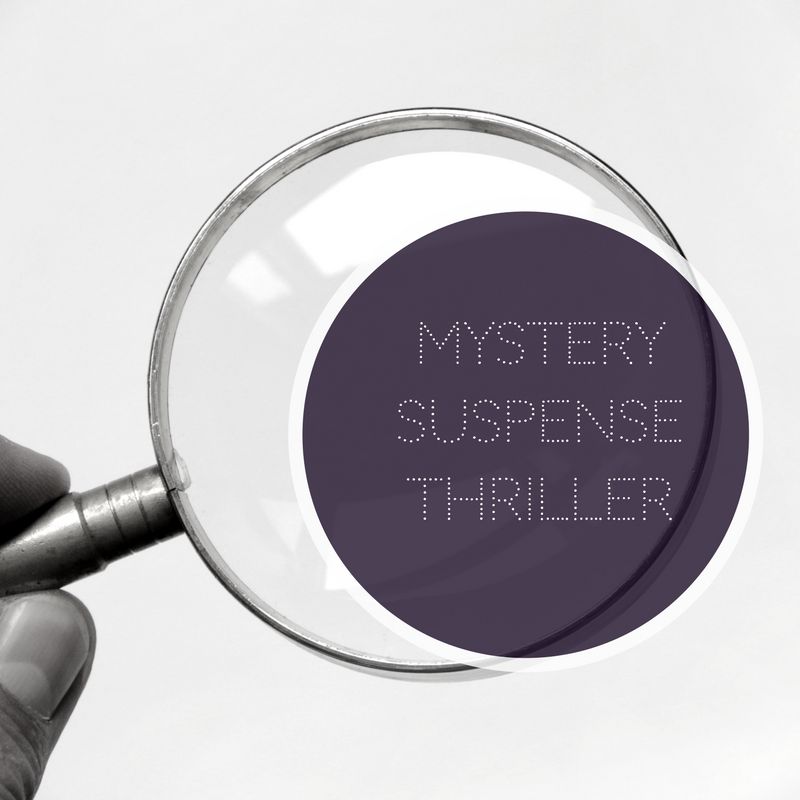Good plot twists can make or break our story. While twists are important to all fiction writing, they are key to the mystery, suspense, and thriller genre. Let’s make our novels an enjoyable journey where nothing is as it seems, no thread is easily untangled, and no question conveniently answered
What is a Plot Twist?
According to Goodreads.com, “mystery-thrillers are stories with twists and turns that keep you on your toes guessing about the truth, the POV’s truth, and about what will happen next.”
Literaryterms.net describes plot twists as an unsuspected occurrence or turn of events in the story that completely changes the direction or outcome of the plot from the direction it was likely to go.
Twists introduce unexpected change. Great ones make excellent page-turners worthy of our readers’ time and money. They push the predictable and formulaic novel into the innovative realm, sparking imagination and interest.
Plot Twist Examples
Even though Agatha Christie died in 1976, her great use of plot twists contributes to the continued popularity of her 66 novels and 14 short story collections.
The Murder of Roger Ackroyd (1926), Christie’s breakout novel, adds twists to the previously accept ‘rules’ of writing fiction. The results revolutionize mystery writing. She includes the narrator committing the murder, and makes the least likely person into a criminal. A range of meek and mild characters may all be hiding a mysterious past or dangerous secret.
Murder on the Orient Express (1934) uses the environment, a train trapped in a snowdrift, to make her twist work. She limits the number of potential suspects. Spoiler! The reader eventually discovers almost everyone aboard the train plays a part in the murder.
In And Then There Were None (1939) an island provides the setting where the group of characters are trapped together. They all hold secrets and everyone supposedly dies. Spoiler! One of the victims actually fakes their death and is the murderer.
Why are Plot Twists Important?
Twists push away the predictable aspects in our chapters and reel in the suspense. They keep our mysterious murderer or evil antagonist undetected and the tension high until the final page.
According to Rachel Poli in her June 2017 blog post, The Importance Of Plot Twists, good ones reveal something big. They allow something unexpected to happen, and expertly use foreshadowing and red herrings. Twists keep the story full of tension, suspenseful, shocking, and revealing without appearing random.
Readers of the mystery, suspense, thriller genre love the challenge of solving our novel’s puzzle. Surprise turns keep them sitting on the edge of their seat, turning pages, immersed in the plot. Never give them a reason to close the book and walk away.
Conclusion
Plot twists can determine the success or failure of our story. We want reader satisfaction, positive reviews, and book sales or the eye of an agent or publisher. Incorporating this literary device is a skill we can learn and enhance with each manuscript we craft. Readers will reap the benefits, and gladly dive into the delightful read you and your stories provide.
Embrace the twist!
Write well, my friends.
PJ Gover

PJ Gover encourages her readers to live the thrill one story at a time. She wrote her first thriller at age nine, all of six pages, but only returned to creating suspense/thrillers years later after unearthing her deceased father’s secret work designing missiles for the government. After fifteen writing awards her high school English teacher must be shaking her head in disbelief. A ranch in Texas serves as home base. Offer her well-crafted chili rellenos or anything gluten-free and you’ll have a friend for life. Jim Hart of Hartline Literary represents PJ.
She’d love to hear from you!




No Comments